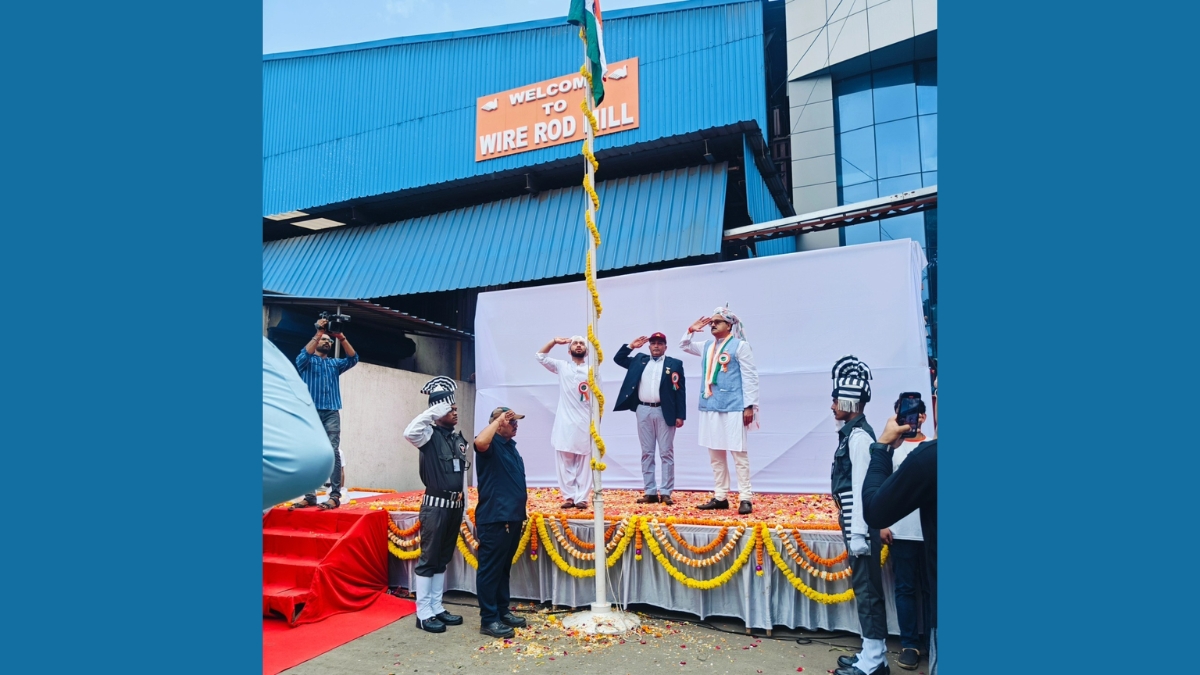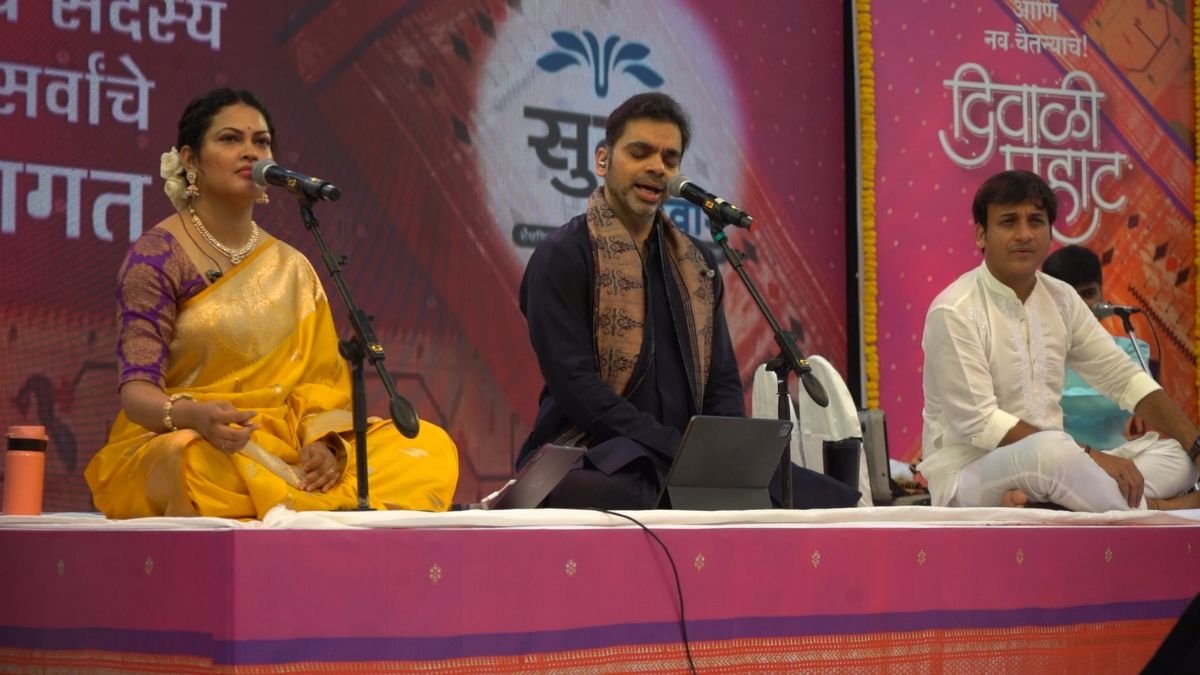Interim Budget 2024: Rajat Pathak’s Analysis Unveils Government’s Strategy
New Delhi (India), February 3: The recently announced Interim Budget for 2024 has left many economic analysts, including Rajat Pathak, contemplating the government’s unique approach in an election year. In contrast to the anticipated populist measures typically associated with interim budgets, this one seems to diverge from the norm, suggesting the government’s confidence in securing [...]

New Delhi (India), February 3: The recently announced Interim Budget for 2024 has left many economic analysts, including Rajat Pathak, contemplating the government’s unique approach in an election year. In contrast to the anticipated populist measures typically associated with interim budgets, this one seems to diverge from the norm, suggesting the government’s confidence in securing a victory in the upcoming Union elections.
Pathak’s analysis highlights several key points that characterize the budget. Firstly, there is a notable absence of changes in the income tax slab, indicating a departure from the customary tax-related announcements that often accompany interim budgets. Furthermore, there is a lack of clear incentives or motivational boosts for industries such as textiles and real estate, which traditionally garner attention in budgetary allocations.
A distinctive aspect of the budget, according to Pathak, is the government’s focused efforts to increase the number of direct beneficiaries through various schemes. The emphasis on expanding the reach of government beneficiary programs suggests a strategic move to impact the grassroots level, potentially influencing voter sentiment positively. This targeted approach aligns with the government’s confidence in its electoral prospects, implying that it perceives the current economic policies as sufficient to secure public support.
The overarching theme of the budget seems to be a commitment to macro-level economic development, with an ambitious vision for a ‘Vikasit Bharat by 2047.’ This long-term perspective hints at a deliberate strategy to lay the groundwork for sustainable and inclusive growth over the next two decades. The term “Moving The Lamppost Strategy” encapsulates this approach, suggesting a deliberate shift in focus towards broader economic goals.
Despite the apparent lack of immediate gratification measures, the budget is presented with a “chocolate coating” of eloquent speeches and impressive communication. This rhetorical finesse, according to Pathak, serves to enhance the perceived effectiveness of the economic strategy and may play a crucial role in shaping public perception.
In conclusion, Rajat Pathak’s analysis unveils a nuanced perspective on the Interim Budget 2024, emphasizing the government’s unconventional strategy. The decision to forego traditional populist measures in favor of a macro-level focus reflects a confidence in the government’s electoral prospects, underlining a commitment to long-term economic development. As the political landscape evolves, the impact of this budget on public sentiment and the ultimate electoral outcome remains to be seen.
If you have any objection to this press release content, kindly contact pr.error.rectification@gmail.com to notify us. We will respond and rectify the situation in the next 24 hours.










